Space exploration news, features and articles
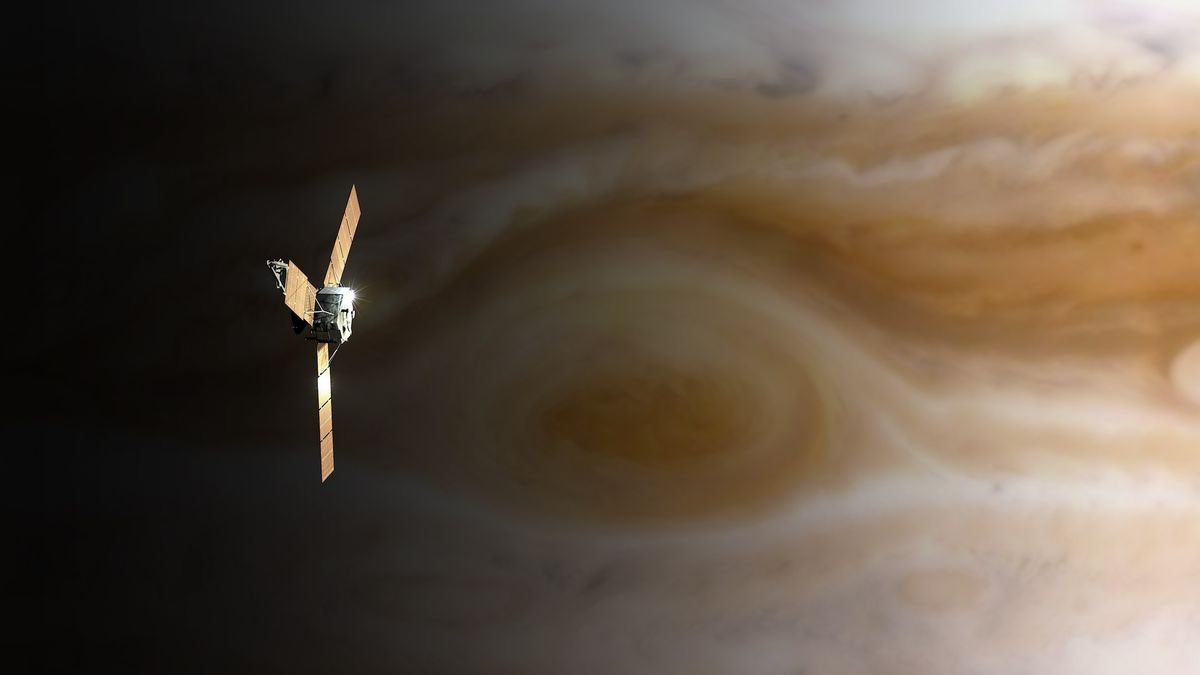
The dawn is breaking on a new era of space exploration, with moon bases and Mars colonies potentially only decades away. Live Science tracks the researchers, companies and countries setting their sights on the stars to bring you the biggest stories in space. Whether it's reporting on concerns that alien organisms could hitch a ride on our spacecraft and contaminate Earth, explaining what 11 billion people means for space travel, sharing a glorious photo of Earth during a total solar eclipse snapped by Japan's lunar lander, or compiling a list of the weirdest things we have launched into space, our expert writers and editors will ignite your sense of interstellar adventure with the latest space exploration news, features and articles.
Discover more about space exploration
—Here's every spaceship that's ever carried an astronaut into orbit
—How long could a person survive in space without a spacesuit?
Latest about Space Exploration
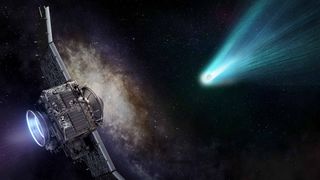
Interstellar comet 3I/ATLAS is rapidly moving away from us. Can we 'intercept' it before it leaves us forever?
By Harry Baker published
3I/ATLAS has passed its closest point to Earth, meaning we will soon lose sight of it for good. Some scientists want to send a spacecraft to chase down the alien comet — or the next interstellar object.

'Necessary for the future of humankind': Who was honored at the first-ever Global Space Awards?
By Harry Baker published
The winners of the inaugural Global Space Awards were recently announced at a star-studded ceremony at London's Natural History Museum. The event championed innovation and sustainability, while also celebrating the life of a late NASA astronaut.
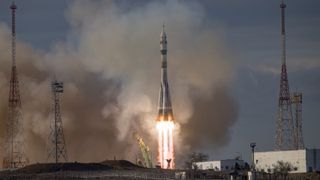
Russia accidentally destroys its only working launch pad as astronauts lift off to ISS
By Harry Baker published
The recent launch of a Soyuz rocket carrying three astronauts to the International Space Station has caused significant damage to Russia's only launch pad capable of sending humans into space.

Marooned no more! Stranded Chinese astronauts finally have a way home following launch of unmanned 'lifeboat'
By Harry Baker published
China has launched an unmanned "lifeboat" to the Tiangong space station, ending a month-long fiasco. The spacecraft will eventually ferry home the marooned Shenzhou-21 crew, who have been stuck without a return capsule for over a week.
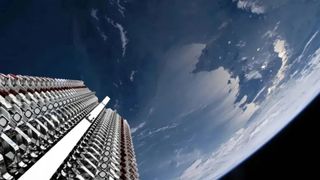
Secretive SpaceX satellites operated by US government are shooting disruptive radio signals into space, astronomer accidentally discovers
By Harry Baker published
An amateur astronomer has accidentally uncovered a series of puzzling radio signals coming from SpaceX's government-operated "Starshield" network. The signals overlap with protected frequencies and could disrupt other nearby spacecraft, experts warn.

Three more Chinese astronauts are now stranded in space following successful rescue of their colleagues
By Harry Baker published
The Shenzhou-21 crew has been marooned on China's Tiangong space station after three of their colleagues were brought back to Earth in the wrong spacecraft. For now, the astronauts have no safe way of returning home.

Chinese astronauts are back on Earth after suspected 'space junk' strike left them stranded in space
By Patrick Pester published
The Shenzhou-20 crew of Chen Dong, Wang Jie and Chen Zhongrui have landed back on Earth after a suspected piece of space junk left them stranded on China's Tiangong space station.
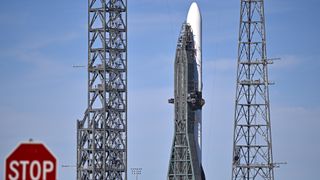
Blue Origin New Glenn rocket: New launch window for historic Mars mission after solar storm delay
By Elizabeth Howell last updated
Twin Mars spacecraft were due to launch on Blue Origin's New Glenn rocket on Nov. 12, but an active sun prompted NASA to delay its mission until Thursday (Nov. 13).
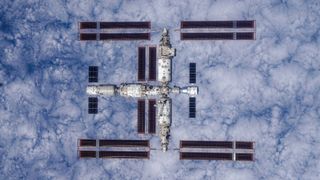
'Stranded' astronauts aboard Chinese space station are preparing to come home — but no date has been announced
By Ben Turner published
Three astronauts remain stuck on China's Tiangong space station after errant debris struck their return capsule last week. But their return vessel has already arrived, meaning a flight home will come sooner rather than later.

Three Chinese astronauts stranded in space after debris hits their return capsule
By Harry Baker published
Three Chinese taikonauts — Wang Jie, Chen Zhongrui and Chen Dong — will be extending their stay aboard China's Tiangong space station after their return capsule was struck by a presumed piece of orbital debris on Wednesday.
Get the world’s most fascinating discoveries delivered straight to your inbox.


